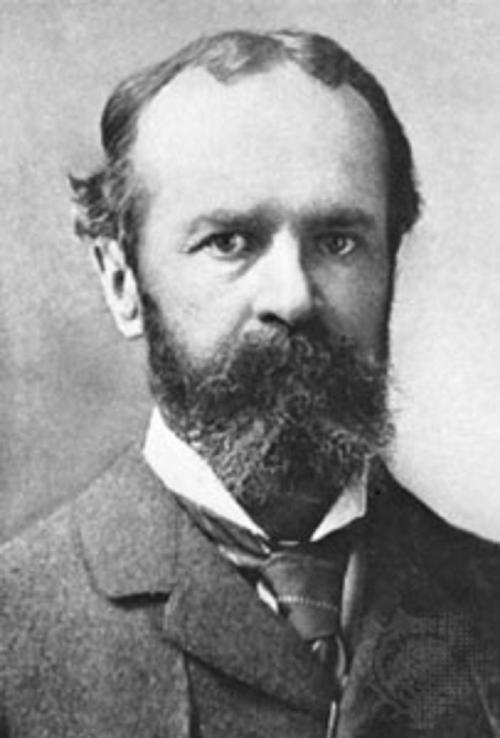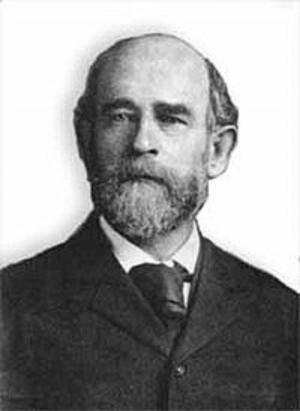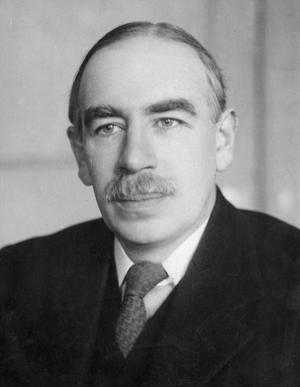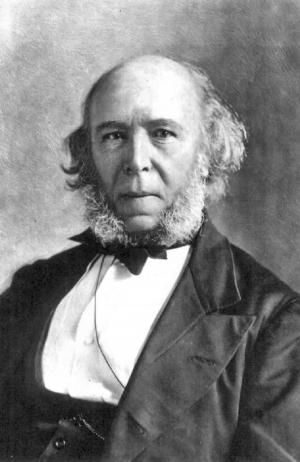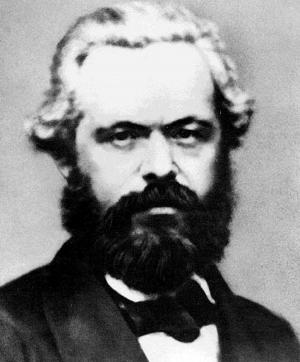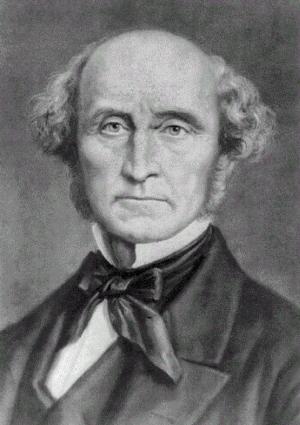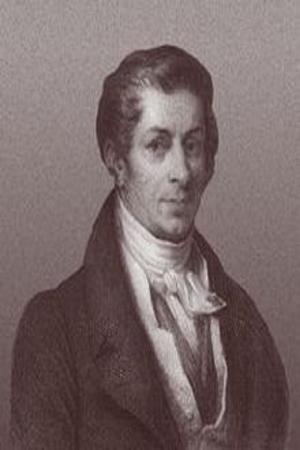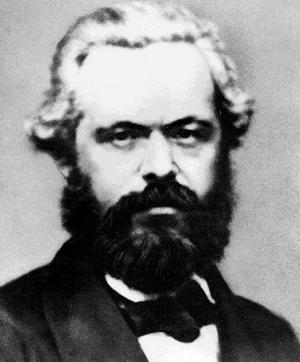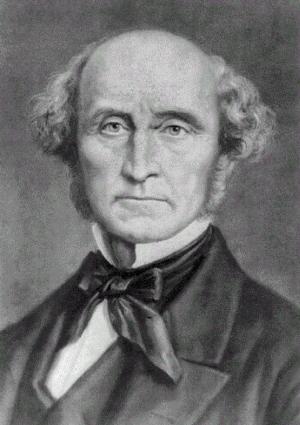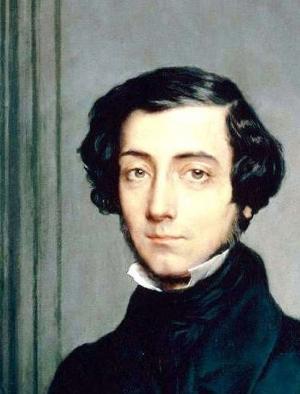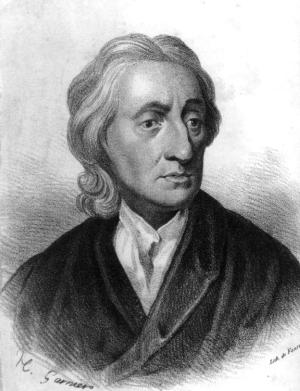The Principles of Psychology: Volume Two (Illustrated)
Business & Finance, Economics, Macroeconomics, Theory of Economics| Author: | William James | ISBN: | 1230000271903 |
| Publisher: | AS Team | Publication: | October 2, 2014 |
| Imprint: | Language: | English |
| Author: | William James |
| ISBN: | 1230000271903 |
| Publisher: | AS Team |
| Publication: | October 2, 2014 |
| Imprint: | |
| Language: | English |
The book has an active table of contents for readers to access each chapter.
The Principles of Psychology by William James, one of the greatest American psychologists, was widely acclaimed and it was widely used by students of psychology.
William James influences on Psychology theory are as the follows:
1) Pragmatism
According to pragmatism, the truth of an idea can never be proven. James proposed we instead focus on what he called the "cash value," or usefulness, of an idea.
2) Functionalism
James opposed breaking down mental events to the smallest elements. Instead, James focused on the wholeness of an event, taking into the impact of the environment on behavior.
3) James-Lange Theory of Emotion
The James-Lange theory of emotion proposes that an event triggers a physiological reaction, which we then interpret. According to this theory, emotions are caused by our interpretations of these physiological reactions.
In addition to his influence on Psychology, William James' discussion of choice and rationality, as well as self-interest, made significant contributions to areas of concern in modern economic theory. Each of these themes is connected with aspects of relevant economic literature and is the contribution of James' pragmatism to economic theory.
This is a must read book for the readers who are interested in researching modern psychology and its influence on economy.
The book has an active table of contents for readers to access each chapter.
The Principles of Psychology by William James, one of the greatest American psychologists, was widely acclaimed and it was widely used by students of psychology.
William James influences on Psychology theory are as the follows:
1) Pragmatism
According to pragmatism, the truth of an idea can never be proven. James proposed we instead focus on what he called the "cash value," or usefulness, of an idea.
2) Functionalism
James opposed breaking down mental events to the smallest elements. Instead, James focused on the wholeness of an event, taking into the impact of the environment on behavior.
3) James-Lange Theory of Emotion
The James-Lange theory of emotion proposes that an event triggers a physiological reaction, which we then interpret. According to this theory, emotions are caused by our interpretations of these physiological reactions.
In addition to his influence on Psychology, William James' discussion of choice and rationality, as well as self-interest, made significant contributions to areas of concern in modern economic theory. Each of these themes is connected with aspects of relevant economic literature and is the contribution of James' pragmatism to economic theory.
This is a must read book for the readers who are interested in researching modern psychology and its influence on economy.
